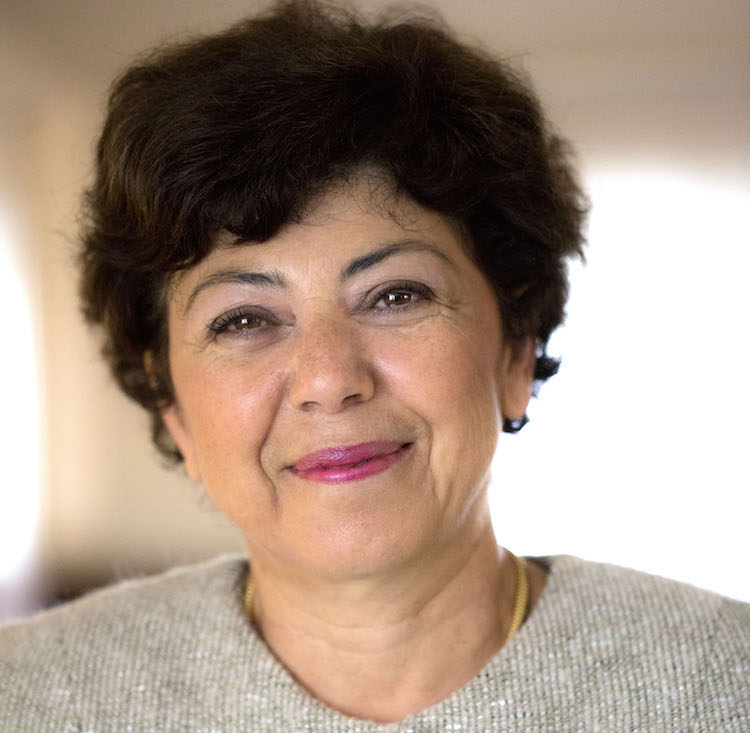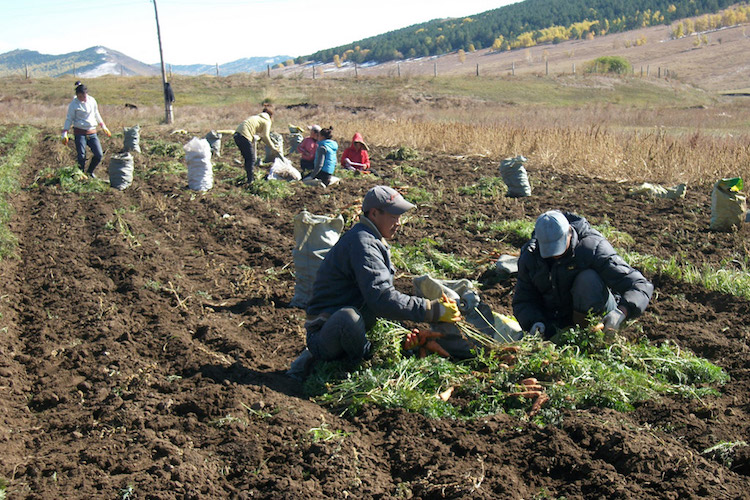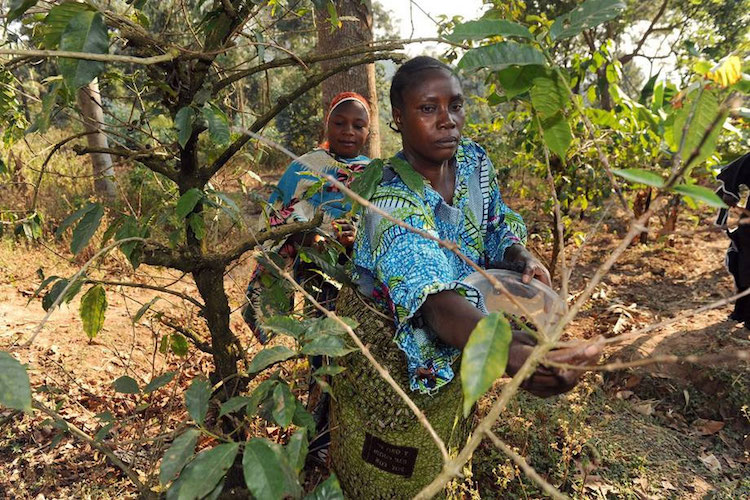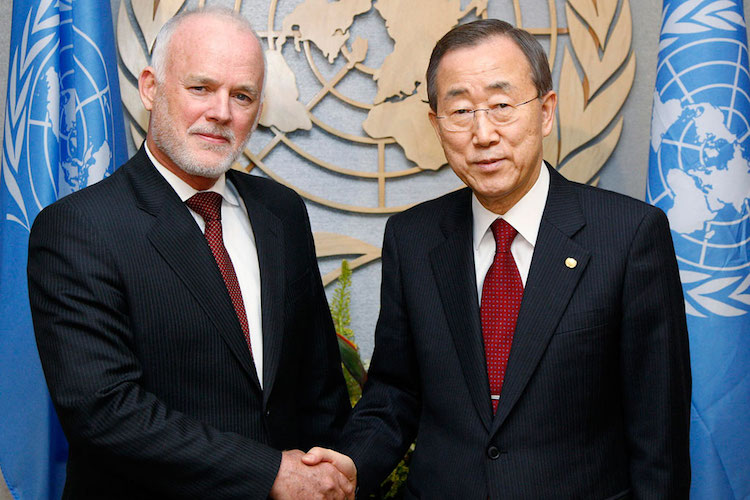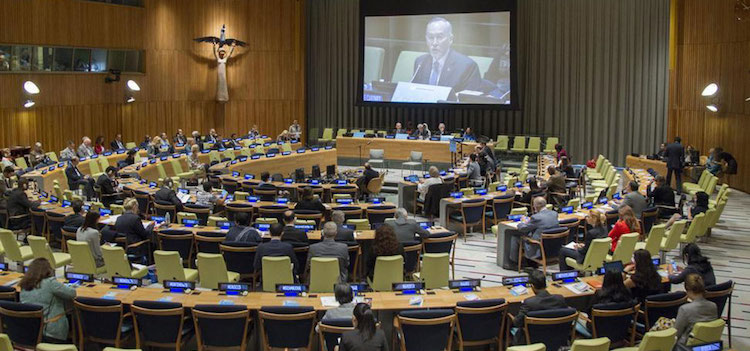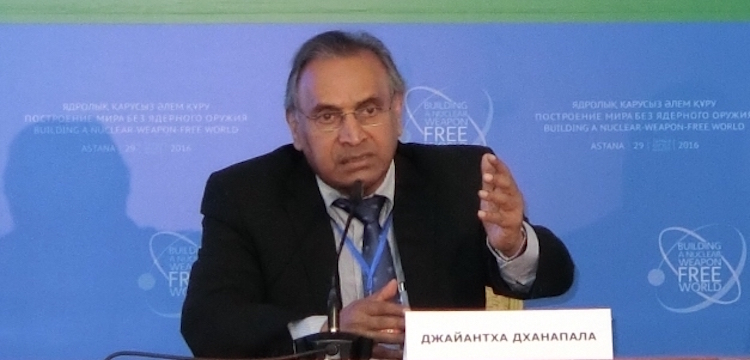By IDN-INPS UN Bureau
 NEW YORK (IDN) – Ahead of the first-ever high-level summit for refugees on September 19 at the UN Headquarters in New York, UN Women, the United Nations Entity for Gender Equality and the Empowerment of Women, has drawn attention to the fact that women represent almost half of the 244 million migrants and half of the 19.6 million refugees worldwide.
NEW YORK (IDN) – Ahead of the first-ever high-level summit for refugees on September 19 at the UN Headquarters in New York, UN Women, the United Nations Entity for Gender Equality and the Empowerment of Women, has drawn attention to the fact that women represent almost half of the 244 million migrants and half of the 19.6 million refugees worldwide.
The remittances sent by women migrant workers improve the livelihood and health of their families and strengthen economies, says UN Women. In 2015, international migrants sent $432.6 billion in remittances to developing countries – nearly three times the amount of Official Development Assistance, which totalled at $131.6 billion.


